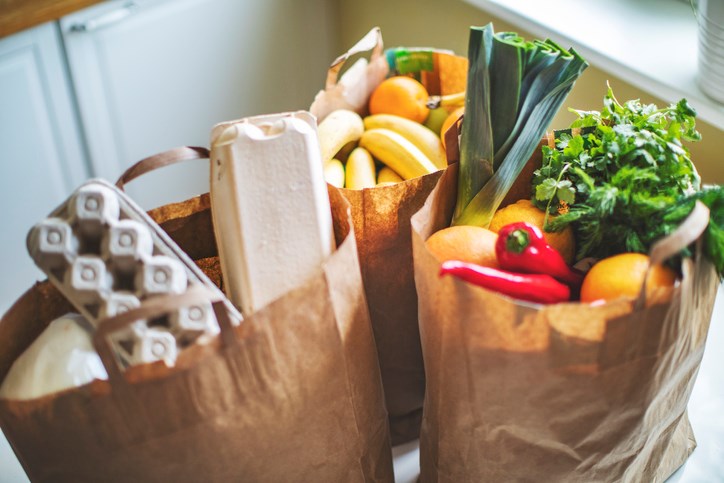With war comes economic sanctions. Instead of sending troops to fight the old-fashioned way, wars are fought with money, and the invasion of Ukraine by Russia is no exception.
The United States, the United Kingdom, Australia, Japan, the European Union, Turkey and a few more have sanctioned Russia in one way or another.
Canada has targeted the banking system and barred Russian airlines from using its airspace. It has also cancelled all export permits and halted new ones, primarily affecting the aerospace industry.
Nobody knows for sure if these sanctions will work, but both the energy and food sectors have been spared so far by all sanctioning nations.
Sanctions are designed to affect President Vladimir Putin’s regime, not Russia’s people, recognizing that many Russians may not be supportive of the invasion of Ukraine.
Corporations are also potentially affected, as some Canadian companies in the food sector have invested in Russia over the years. American corporate giants Coca-Cola, McDonald’s and Starbucks have now pulled out of Russia.
Canadian corporation McCain Foods – which was building a $200-million plant in the Russian Tula region – opted to halt its construction for now. The company may decide to pull its project out in the coming days. But it’s been reported that McCain is still conducting business in Russia.
Meanwhile, McCain has announced it will donate $200,000 to relief efforts in Ukraine, making clear that it condemns Putin’s actions.
On the other hand, Maple Leaf Foods doesn’t have any operations in Russia and has given $500,000 in relief funds to help Ukrainians. Good on them.
Convenience store giant Alimentation Couche-Tard also operates stores in Russia and could be affected by sanctions. The company just announced it was suspending operations in Russia. The company, which controls the Circle K chain, has only 38 stores and more than 320 employees in Russia. It was present in Russia by way of Norway’s Statoil Fuel and Retail.
Some Canadians made calls for a boycott of Canada-based Mac’s and Circle K stores operated by Alimentation Couche-Tard until the Quebec-based company made a clear decision to cease its operations in Russia. That’s likely why it did. The company also donated US$1.5 million to the Red Cross in recent days.
Another major Canadian food player in Russia is Restaurant Brands International, the parent company of Tim Hortons. It also owns Burger King and the chain operates 800 stores in Russia. Other than a corporate statement registering concerns about the invasion, no clear decision has been made. Many people recently took to social media to ask the chain to stop conducting business in Russia.
Asking these companies to pull out and stop doing business with Russia is the easiest and most obvious thing to do. The atrocity of the invasion is simply inexcusable.
But we also need to keep in mind that these Canadian companies are very much part of the food security fabric for the Russian people. On the surface, closing convenience stores or fast-food joints or not selling French fries could be seen as trivial. But any corporate decision to pull out or cease doing business in the country would compromise Russia’s access to food, thus penalizing its people.
It’s truly a delicate balancing act between reputational risks and food security. The stakes are different when compared with other economic sectors.
Last week, Prime Minister Justin Trudeau was vague and non-committal about whether his government would compensate Canadian companies hurt by sanctions imposed on Russia. Compensating companies conducting business abroad affected by wartime sanctions would set a dangerous precedent.
The federal government should not compensate Canadian companies hurt by sanctions imposed on Russia, including companies in the agri-food sector. Geopolitical risks are always in the mix when investing abroad, and these companies, not the Canadian people, took on these risks when they opted to invest in Russia.
Moreover, many of these companies have insurance against such sanctions. And sanctions against Russia were actually started more than eight years ago when Russia invaded Crimea.
Canadian companies shouldn’t be surprised by how things are unfolding, and Canadian taxpayers shouldn’t be on the hook for their choices.
Dr. Sylvain Charlebois is senior director of the agri-food analytics lab and a professor in food distribution and policy at Dalhousie University.
©




